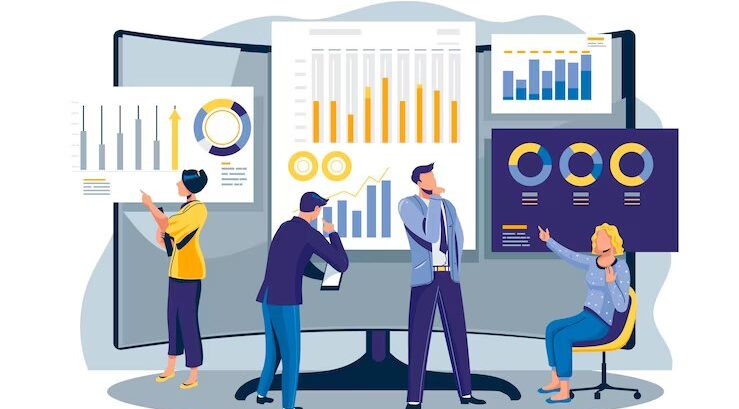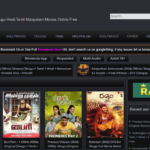How is Data Science different from Data Analytics
The advent of Big Data has introduced two prominent terms into the industry lexicon: Data Science and Data Analytics. The globe now contributes to an exponential surge in data, giving rise to “Big Data.” According to the World Economic Forum, global data generation was projected to surpass 44 zettabytes by the close of 2020. By 2025, this astronomical figure was predicted to skyrocket to 463 exabytes!1
Big Data includes everything we do online, including texts, emails, tweets, user searches on search engines, interactions on social media platforms, and data produced by IoT and linked devices. The enormous volumes of data produced daily by the digital world are too much for traditional data processing and analysis tools.
Despite sharing many similarities, data science and data analytics are different. Both disciplines center on the manipulation of data to provide illuminating information. Data science mostly revolves around creating models utilizing data to forecast future results, whereas data analytics focuses on examining historical data to guide current decision-making.
The large area of data science, including data engineering and machine learning, includes data analytics as one component. In this field, data scientists create predictive models, develop novel algorithms, and extract insights from data by using statistical and computational methods. In contrast, data analytics focuses primarily on data analysis to produce insights influencing business choices.
A career in data science is a dynamic and attractive option that offers a variety of chances. Data scientists are in great demand due to the expanding importance of data-driven business decision-making.
Excellent data science programs are offered by institutions like the Indian Institute of Science (IISC), equipping students with essential knowledge. To help businesses and organizations, data scientists must be able to extract valuable insights from their data. Data analysis, statistical modeling, machine learning, and data visualization are essential duties.
The job market for data scientists is strong, particularly for those who have completed the IISC Data Science course. Data scientists work in various industries, including technology, healthcare, e-commerce, and finance.
What is Data Science?
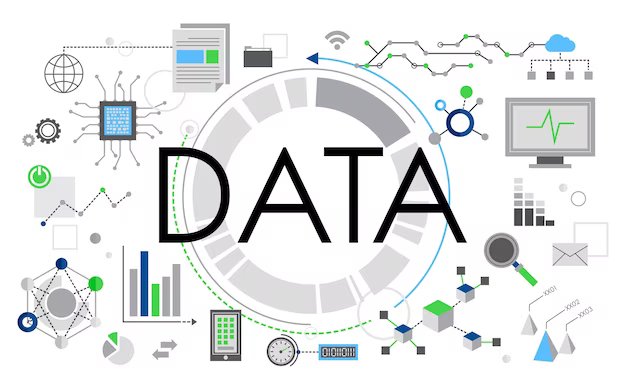
Data science melds mathematical and statistical principles with specialized programming, advanced analytics, artificial intelligence (AI), and machine learning, all underpinned by domain-specific knowledge. Its primary objective is to unearth actionable insights concealed within an organization’s data, which inform decision-making processes and strategic initiatives.
The exponential surge in data sources and, consequently, data itself has propelled data science into becoming one of the most rapidly expanding domains across all industries.
What is Data Analytics?
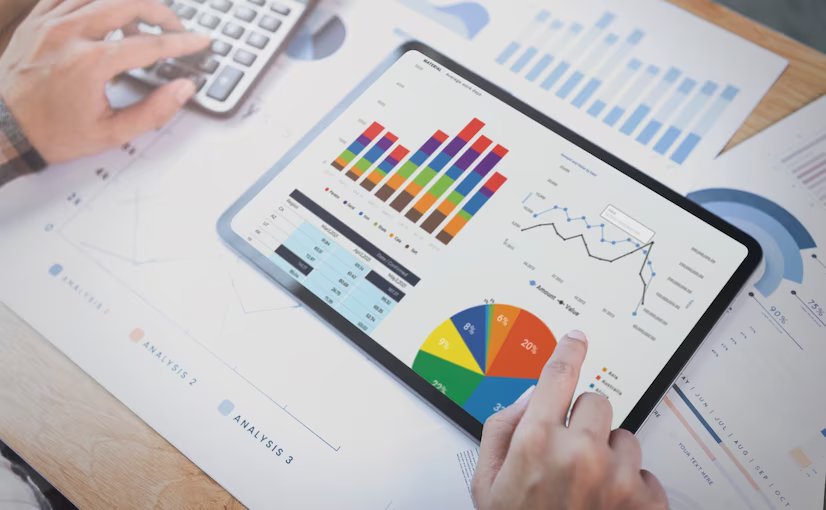
Data analytics systematically investigates raw data to make meaningful inferences and extract useful information. Algorithms have automated a sizable percentage of data analytics processes and approaches, speeding the conversion of raw data into understandable insights for human interpretation.
A wide range of data analysis techniques are included under the expansive umbrella of data analytics. These strategies can be applied to almost any data type to obtain insightful information for improvement. Data analytics reveals important measurements and hidden trends that could otherwise be lost in the data deluge. This newly acquired information provides a basis for process optimization, ultimately improving the general effectiveness of organizations and systems.
For instance, data analytics is frequently used with data like machine runtime, downtime, and work queue records in manufacturing organizations. By analyzing them, these learnings guide better workload planning, ensuring that machines run more closely to their maximum potential.
Data Scientist and Data Analyst: What do they do?
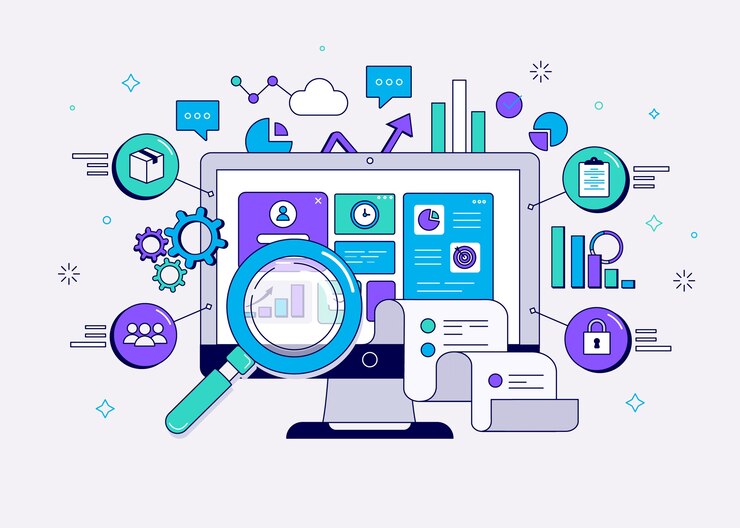
One of the key differences between data scientists and analysts is how they use the data:
Data scientists explore uncharted territory while using cutting-edge methods to anticipate the future. They might create predictive modeling techniques to handle structured and unstructured data or automate machine learning algorithms.
The duties of this position, which is typically thought of as an advanced data analyst, could include:
- Raw data gathering, cleaning, and preparation.
- Constructing predictive models using machine learning approaches to mine massive datasets
- Creating procedures and instruments for monitoring and verifying data accuracy
- Generating reports, dashboards, and data visualization tools
- Making software to help with data collection and processing automation
Statistical analysis, data visualization software, and programming languages like SQL, R, or Python are widely used by data analysts to concentrate on structured data and address particular business challenges.
Typical tasks include:
- Determining information requirements with the help of organizational executives
- Collecting information from primary and secondary sources
- Reformatting and preparing data for analysis
- Finding patterns and trends in data sets that can be utilized to inform decisions
- Presenting research to help decision-makers use data
Data Analytics vs. Data Scientist: Competencies
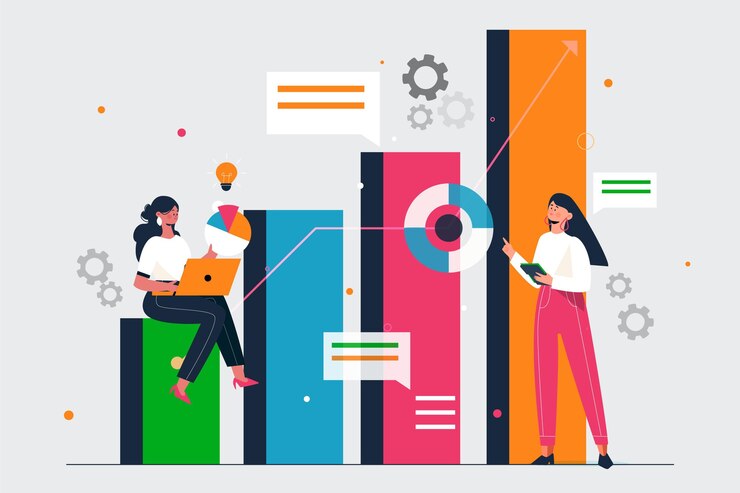
The following are necessary competencies for data scientists:
- Knowledge of mathematics and statistics is necessary, especially to comprehend calculus and statistical methods
- Programming skills include knowledge of Python and R libraries and object-oriented programming
- Analytics and Modeling: Analyzing data, running experiments, and building models to comprehend and predict the future requires communication and critical thinking skill
- Knowledge of machine learning concepts like logistic regression and decision trees is useful
- Data visualization is the art of clearly expressing insights using graphs and charts to simplify complex data
- To overcome obstacles at every stage of development, one needs strong problem-solving abilities
Skills in Data Analytics
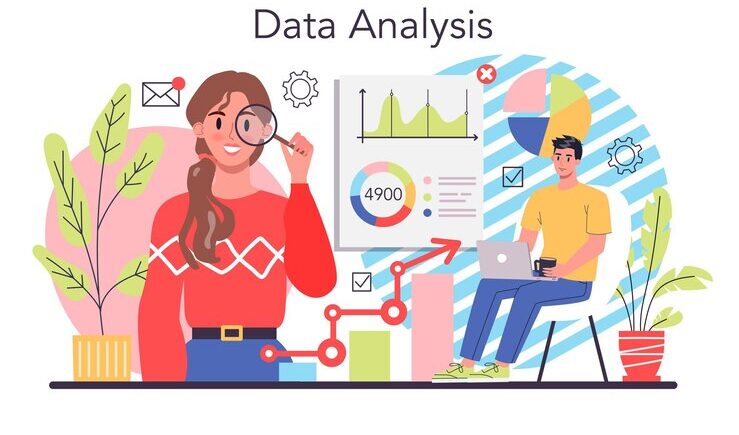
handling and querying huge databases with SQL, the industry-standard database language
- Excel and other data analysis tools, such as more complex features like macros and VBA lookups, are taught in data analysis courses
- In-depth research and predictive analytics on huge datasets require proficiency in statistical programming languages (such as R or Python)
- Ability to pose questions, spot connections, and use information to unravel complex puzzles. Problem-solving and critical thinking
- The technique of effectively presenting data through eye-catching graphs and charts to convey insights is known as data visualization
- Understanding the fundamentals of machine learning, which is becoming increasingly important in predictive analytics and data analysis.
Academic Background: Math, programming, and data analysis are strong suits of data analysts who frequently hold STEM degrees. Data scientists often need a master’s degree and concentrate on advanced data modeling.
Individual Interest: Data scientists mix math, statistics, computer science, and business knowledge, whereas data analysts frequently deal with databases and require industry knowledge.
Salary and Career Path: Data scientists start with greater wages, but both professions have significant room for growth. When deciding, think about your financial objectives.
Knowing these aspects, you can choose the path best suits your objectives and qualifications. Moreover, the IISC Data Science course equips individuals with advanced data analysis, statistical modeling, machine learning, and data visualization skills. With a strong foundation in these areas and the prestigious IISC brand, graduates are well-prepared to excel in data science careers, meeting industry demands for expertise and innovation.

